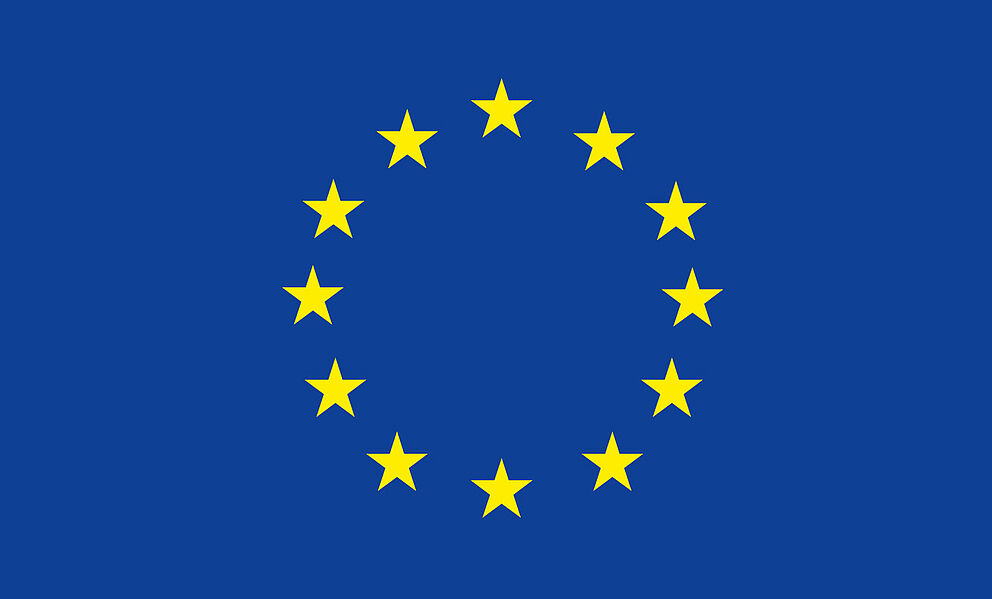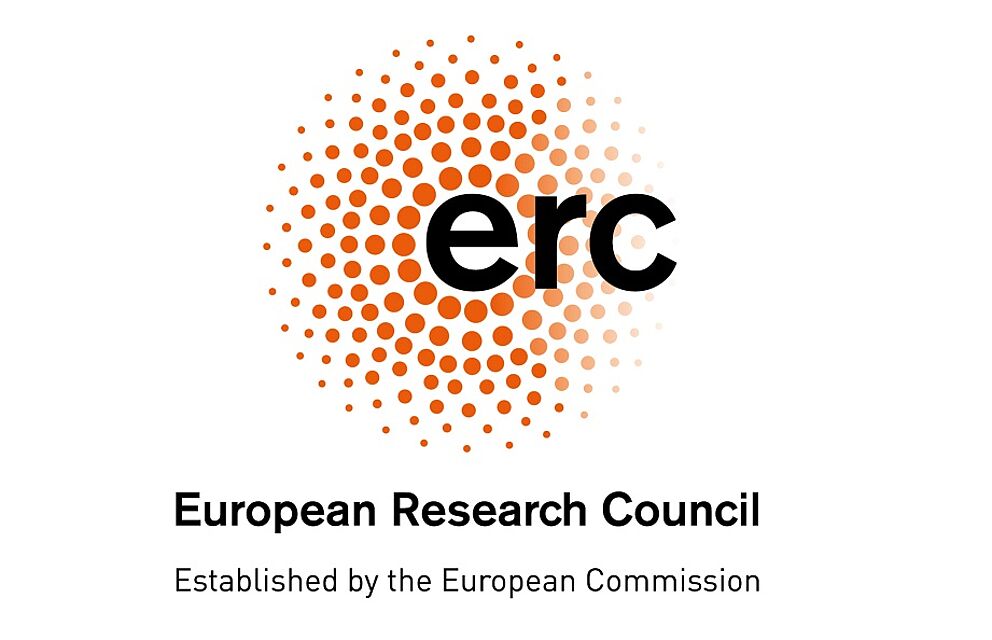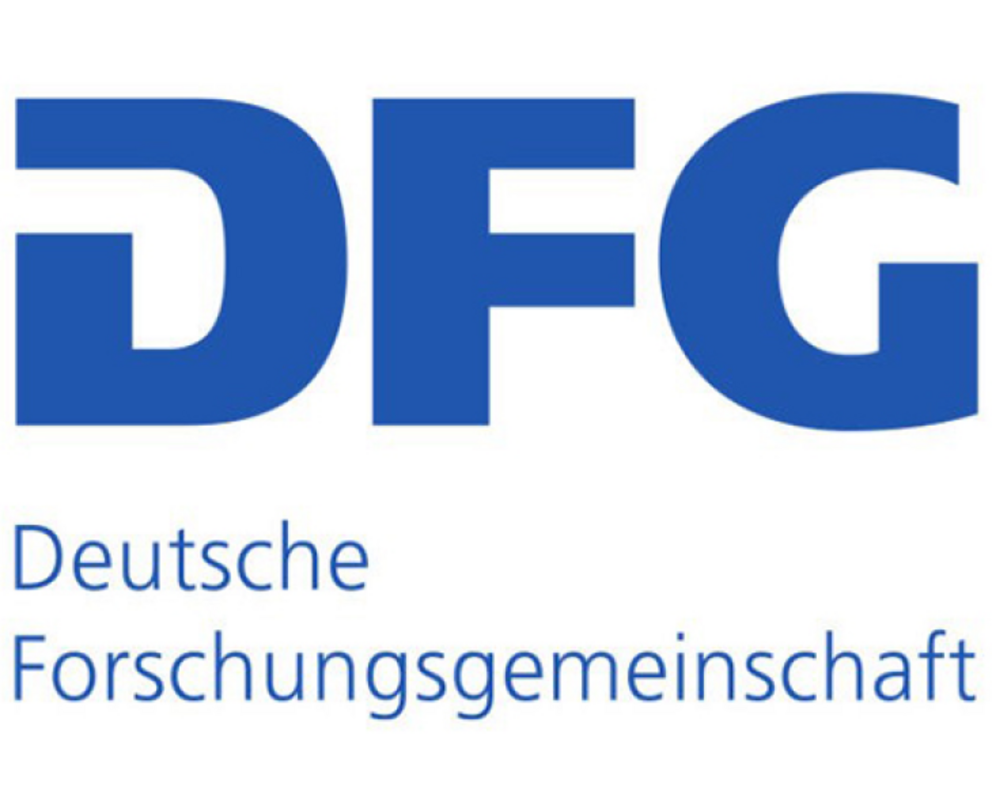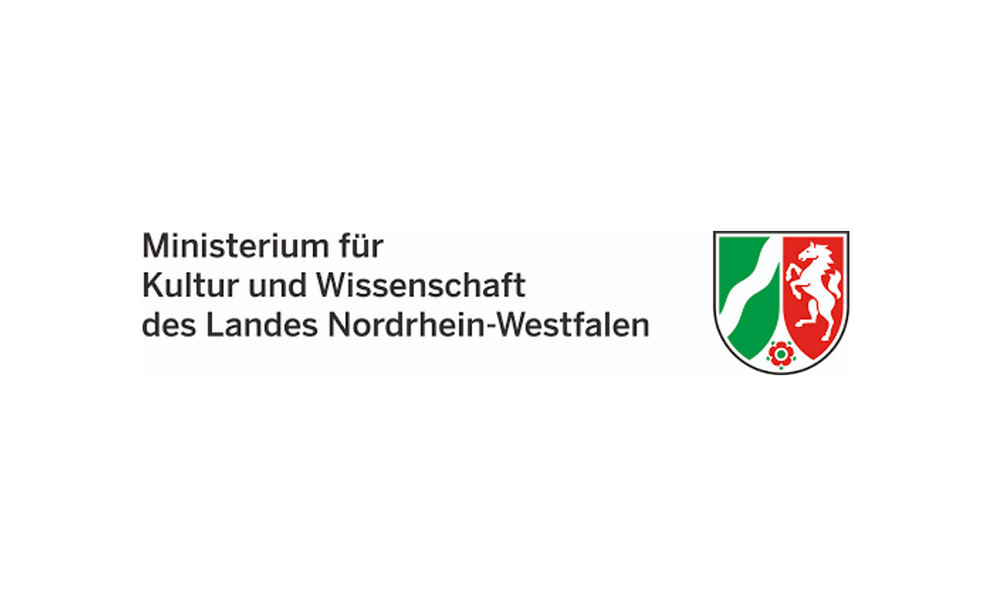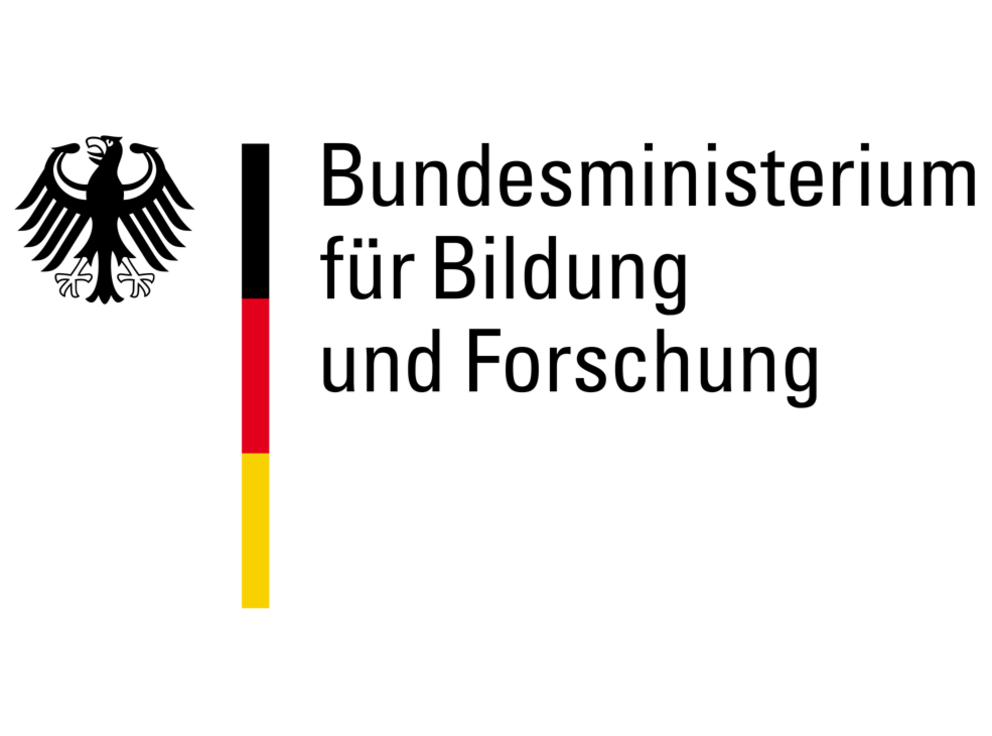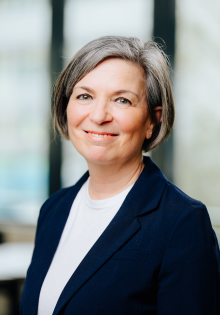Projects
The PhoQS is characterised by its interdisciplinary structure and the close cooperation of numerous specialised working groups. This diversity makes it possible to work on projects from a wide range of research and application fields. The focus is on innovative approaches that combine basic research and applied sciences.
Depending on the issue and objective, PhoQS integrates expertise from the fields of physics, electrical engineering, computer science and mathematics in order to tackle complex challenges and develop new solutions.
PhoQS member projects
PhoQS project: Modelling and Optimization of Photonic Wirebonds
High-quality photonic interconnects enable technological advances, both in optical data transmission and in quantum research projects. In this research project, optical broadband coupling methods will be investigated. A nano-precise 3D printer can be used to fabricate structures for photonic interfaces. Important work packages of this project ...
Duration: 09/2023 - 12/2024
Contact: Christian Kress, M.Sc., Martin Miroslavov Mihaylov, M.Sc.
PhoQS project: Quantum photonic systems in silicon nitride technology
In this research project, the feasibility of integration of quantum optic components, which are used in photonic quantum computers and sensors, in commercially available silicon nitride technology is investigated.Silicon nitride is widely used in highly integrated CMOS technologies and therefore, it allows mass production of photonic components ...
Duration: 07/2023 - 12/2024
Contact: Tobias Schwabe, M.Sc.
ERC- Grant: QuESADILLA: Quantum Engineering Superconducting Array Detectors in Low-Light Applications
Optical measurements are fundamental to experimental science and observations of nature. At the single photon level, superconducting nanowire single-photon detectors (SNSPDs) are well-established as the gold standard in measurement, due to their near-unit efficiency, negligible noise and ultrafast response. Building SNSPD arrays and simultaneously ...
Duration: 09/2022 - 08/2027
LINQs: Lithium Niobate Quantum Systems - ERC Starting Grant
Quantum technologies are expected to have a transformative impact by exploiting fundamental quantum mechanical effects for technological applications such as quantum computation, quantum simulation, quantum communication, and quantum sensing. Photons are the only reliable qubit for quantum information transmission, making them an essential resource ...
Duration: 09/2022 - 08/2027
Contact: Prof. Dr. Klaus Jöns
TRR 142 - Three-photon state generation with on-chip pump suppression in topological waveguides (A09*)
In this project, we experimentally and theoretically study a degenerate four-wave mixing source for the generation of three-photon states, where the photons are generated inside the topological mode and propagate away from the interaction region. The design using topological protected surface modes intrinsically provides a strong suppression of the ...
Duration: 01/2022 - 12/2025
TRR 142 - Ultrafast coherent opto-electronic control of a photonic quantum system (B06*)
In this project we will integrate semiconductor quantum dots in field-tunable microcavity heterostructures to achieve ultrafast coherent opto-electronic control of the emitter cavity coupling. By tuning different quantum dot transitions in and out of the cavity resonance we aim to generate (i) cavity assisted two-photon emission, (ii) hyper ...
Duration: 01/2022 - 12/2026
TRR 142 - Polaron signatures in the optical response of lithium niobate (B07*)
This joint theory-experiment project will explore the rich physics of polarons and their optical signatures. In particular, we plan to resolve their influence on the linear and nonlinear optical properties of the material as well as their condensation, hopping and dissociation characteristics in interaction with intrinsic and extrinsic point ...
Duration: 01/2022 - 12/2025
TRR 142 - Cavity-enhanced spontaneous parametric down-conversion with temporal filtering using integrated superconducting detectors (C07*)
In this project, we will study the parametric down-conversion in a cavity with integrated superconducting detectors under cryogenic conditions. By using ultrafast driving electronics, we will implement pump filtering in the time domain, by enabling the integrated detector only after the pump has decayed away. The herald photon remains resonant with ...
Duration: 01/2022 - 12/2025

